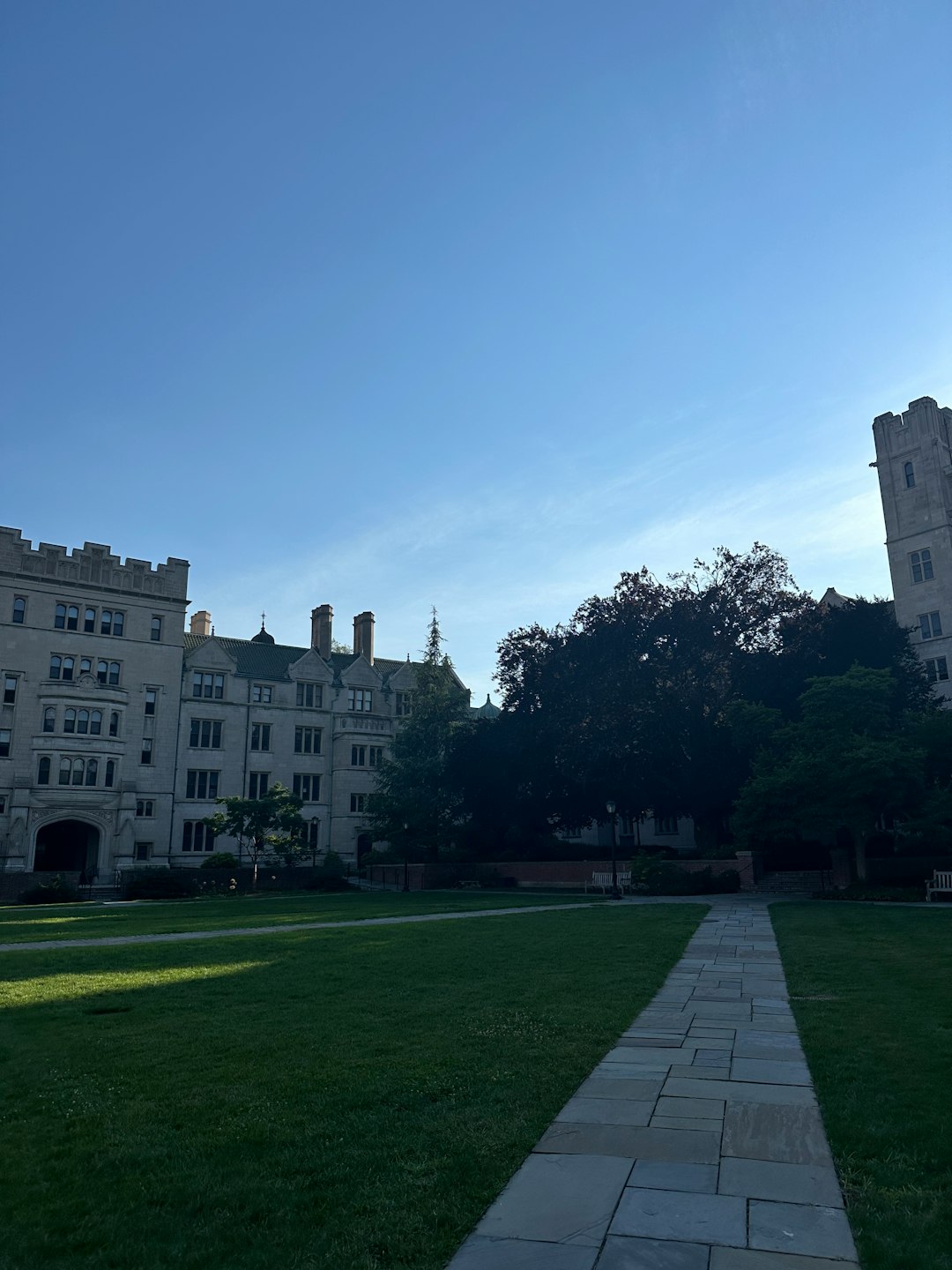Title IX in Connecticut schools prohibits sexual discrimination and harassment, mandating equal opportunities for all students regardless of gender. A Title IX lawyer helps guide institutions through complex regulations to ensure swift, fair procedures against inappropriate comments, physical conduct, and quid pro quo harassment. Schools implement robust anti-harassment policies, training, and anonymous reporting systems, regularly reviewing them with legal experts to stay compliant and protect students from discrimination.
In Connecticut, ensuring a safe learning environment free from sexual harassment is paramount. This article navigates the complex landscape of Title IX, a powerful federal law protecting students from gender-based discrimination, with a focus on sexual harassment in educational settings. We explore common forms of harassment, delve into legal defenses for schools and title IX lawyer Connecticut, and uncover best practices to prevent and respond to such incidents effectively. Understanding these strategies is crucial for fostering a positive academic culture.
Understanding Title IX and Its Relevance in Connecticut Schools

Title IX is a landmark federal law that prohibits sexual discrimination in educational institutions, including public schools. It ensures equal access to education and athletic opportunities for all students, regardless of gender. In Connecticut, schools are required to comply with Title IX regulations, which encompass a wide range of protections against sexual harassment, assault, and discrimination.
A title ix lawyer Connecticut can help navigate the complexities of these laws, especially in cases where students’ rights have been violated. Sexual harassment claims under Title IX cover a broad spectrum, from inappropriate comments and conduct to more severe forms of assault. Connecticut schools must have comprehensive policies and procedures in place to address such issues promptly and fairly, ensuring a safe learning environment for all students.
Common Forms of Sexual Harassment in Educational Settings

In educational settings, sexual harassment can manifest in various forms, each as damaging and unacceptable as the other. One of the most prevalent types is quid pro quo harassment, where a student’s academic decisions or opportunities are conditioned on their submission to sexual advances. This could involve teachers or administrators using their positions to pressure students for sexual favors.
Another common form is creating a hostile environment through repeated and unwelcome sexual comments, jokes, or physical conduct. This includes inappropriate touching, lewd remarks, or distribution of explicit materials. Such actions can significantly impact a student’s ability to learn and participate in school activities, thus violating the protections afforded under Title IX for all students in Connecticut schools. A title ix Lawyer Connecticut can guide victims through navigating these claims effectively.
Legal Strategies for Defending Against Title IX Claims

When facing Title IX sexual harassment claims in Connecticut schools, educational institutions and administrators often turn to legal strategies recommended by a skilled Title IX lawyer Connecticut. These strategies focus on understanding and adhering to the stringent legal standards set forth under Title IX of the Education Amendments Act. One key approach is to ensure thorough documentation of all incidents, communications, and responses related to the claim. This includes documenting any evidence of prompt reporting, investigation, and corrective actions taken by the school.
Another effective strategy is to implement robust anti-harassment policies and training programs. Regular educational sessions for students, teachers, and staff can help raise awareness about sexual harassment, establish clear reporting procedures, and promote a culture that discourages such behavior. Moreover, reviewing and updating these policies periodically, in consultation with legal experts, can protect the institution from potential loopholes and ensure compliance with evolving legal requirements.
Best Practices for Schools to Prevent and Respond to Harassment

To defend against Title IX sexual harassment claims in Connecticut schools, institutions must proactively implement best practices aimed at prevention and effective response. One crucial step is establishing a clear and comprehensive anti-harassment policy that complies with both state and federal regulations. This policy should be widely disseminated, easily accessible, and regularly reviewed to ensure its effectiveness. Schools should also provide mandatory training for all staff, teachers, coaches, and administrators on recognizing, reporting, and investigating incidents of sexual harassment.
Additionally, fostering a culture of open communication is vital. Encouraging students to report incidents without fear of retaliation can be facilitated through anonymous reporting systems and supportive counseling services. Prompt investigation of reported incidents by trained professionals, including Title IX lawyers in Connecticut, ensures that all parties are treated fairly and equitably while upholding the legal obligations under Title IX. Regular audits and assessments of school policies and procedures can help identify weaknesses and areas for improvement, ultimately mitigating risks and protecting both students and the institution.






